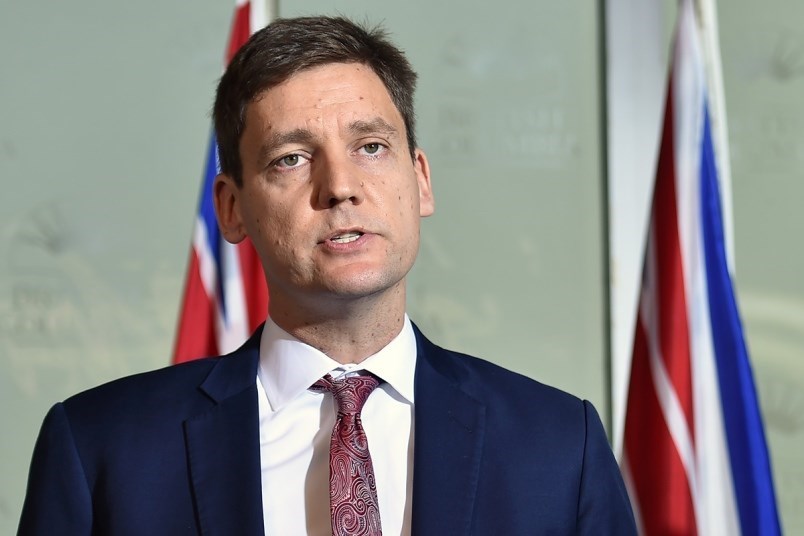When David Eby assumed the office of B.C. premier there was speculation in some quarters that he would push the BC NDP government onto a more “activist” footing, since that was the approach he held on many issues before entering politics.
But more than 140 days into the job, there is little sign of that kind of activism being deployed on any front.
In fact, it can be argued that the removal of the homeless encampment on Hastings Street ― done with the full backing of the Eby government ― shows what a 180-degree turn Eby has done on that issue alone.
Back when he was an activist lawyer working for the Pivot Legal Society and representing the kinds of people who were living in encampments or in poverty on the Downtown Eastside, it would have been almost impossible to envision Eby supporting the forced removal of that encampment.
However, Eby has been clear for quite a while that he wanted that encampment to be gone. He viewed it as an increasingly unsafe place, where fires and sexual assaults took place, along with other criminal activities.
And if that position clashes with the old activist crowd, so be it, he says.
“They’re right. I’m not that activist,” he recently told the Vancouver Sun’s Vaughn Palmer in a lengthy interview. “I’m in a different role now to bring people together, to try to create a province where those ideals that we all share can be realized.”
Eby’s government is committed to building more shelters and permanent housing for the homeless, but critics say enough progress is not being made quickly enough.
It is not just supporting the dismantling of housing encampments that separates Eby from the activist past.
Pushed by circumstances, the Eby government is pushing for a tougher approach on crime. Forget activism that demands things like “defund the police,” this government wants more police, more prosecutors and tougher judges.
Eby also favours (as does BC United leader Kevin Falcon) involuntary care in limited circumstances for people who are having a mental health crisis and pose a threat to others. One of his former employers, the B.C. Civil Liberties Association, opposes such a policy.
The first indication that David Eby in government was going to be different than the David Eby in Opposition came when the BC NDP government decided to finish the construction of the Site C dam. Eby was in that provincial cabinet that made the decision, even though the party opposed the project while in Opposition.
And now Eby is backing liquefied natural gas (LNG) projects, even though climate activists ardently oppose them. He recently was part of the ceremony announcing provincial approval of the Haisla First Nation’s Cedar LNG project.
He thinks other LNG projects can proceed if they can meet lofty targets for greenhouse gas emission reductions. It remains unclear whether they can.
Nevertheless, as he approaches the six-month point of his time in office, the evidence is mounting that Premier David Eby is a decidedly different politician than the one on view during four years in Opposition and his years as an activist lawyer before then.
In other words, he is not playing to stereotype, much to the frustration of his political opponents. If Eby can continue to govern from the middle, where most voters gather, he will be a tough leader to beat when the 2024 election rolls around.
Keith Baldrey is chief political reporter for Global BC.





